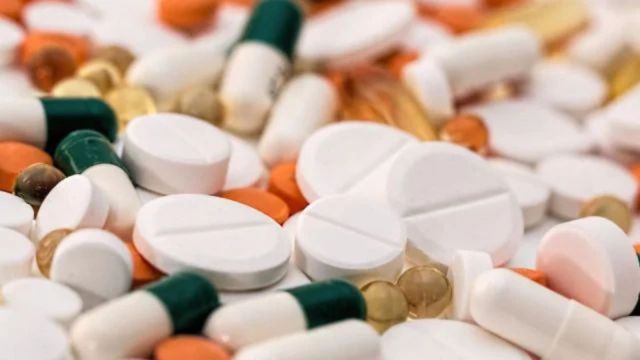Anonna Dutt is a Principal Correspondent who writes primarily on health at the Indian Express. She reports on myriad topics ranging from the growing burden of non-communicable diseases such as diabetes and hypertension to the problems with pervasive infectious conditions. She reported on the government’s management of the Covid-19 pandemic and closely followed the vaccination programme. Her stories have resulted in the city government investing in high-end tests for the poor and acknowledging errors in their official reports. Dutt also takes a keen interest in the country’s space programme and has written on key missions like Chandrayaan 2 and 3, Aditya L1, and Gaganyaan. She was among the first batch of eleven media fellows with RBM Partnership to End Malaria. She was also selected to participate in the short-term programme on early childhood reporting at Columbia University’s Dart Centre. Dutt has a Bachelor’s Degree from the Symbiosis Institute of Media and Communication, Pune and a PG Diploma from the Asian College of Journalism, Chennai. She started her reporting career with the Hindustan Times. When not at work, she tries to appease the Duolingo owl with her French skills and sometimes takes to the dance floor. ... Read More
Govt caps prices of 71 drugs, including those of diabetes and cancer: How will this impact your medical bill?
This list is curated by the government to include medicines that are most needed for healthcare priorities.
 56 trainees at the De-addiction and Rehabilitation Centre in Janer were provided with free electrician training (File Photo)
56 trainees at the De-addiction and Rehabilitation Centre in Janer were provided with free electrician training (File Photo)The country’s apex drug pricing regulator — National Pharmaceutical Pricing Authority (NPPA) — has fixed the prices of 71 formulations, including several diabetes medicines and a commonly used cancer therapy among others. The authority used the powers granted to it under the Drug (Prices Control) Order (DPCO), 2013 to regulate the prices for these medicines.
The prices are individually fixed by NPPA for different combinations, doses and manufacturers.
What are the drugs for which prices are fixed?
Among the 71 formulations for which prices have been fixed by NPPA, are several anti-diabetic medicines and their combinations. The list includes the combinations of an anti-diabetic drug Empagliflozin, which got off patent earlier this year, with older medicines that are scheduled under DPCO. The prices of the scheduled drugs and their combinations can be regulated by the NPPA. The price of the anti-diabetic combination medicines has been fixed between Rs 14 and Rs 31 per tablet.
The NPPA has also fixed the price of the anti-cancer medicine Trastuzumab by Reliance Life Sciences at Rs 11,966 per vial. This drug is already a part of the National List of Essential Medicines and hence one of the scheduled drugs for which prices are fixed by the NPPA.
The price of combinations of antibacterial Ceftriaxone has been fixed between Rs 515 and Rs 1,036 per vial. Prices have also been fixed for several formulations of paracetamol. For example, a suspension variant has been priced at Rs 0.66 per ml. The price of a suspension of mefenamic acid, which is used to treat period pain, has been fixed at Rs 0.94 per ml.
How are prices of medicines controlled in India?
The DPCO allows NPPA to set the prices of scheduled medicines, which usually includes those under the National List Essential Medicines. This list is curated by the government to include medicines that are most needed for healthcare priorities of a majority of the population. It includes drugs that are best and cost-effective for the treatment of the most common ailments in India.
The latest NLEM 2022 includes 384 medicines — having added 34 new drugs and deleted 26 from the previous list. The prices for the different formulations of these drugs are fixed by calculating the average price to retailers for all the formulations that make up more than one per cent of the market share and adding a small margin to it. The prices of the scheduled drugs are revised yearly based on the Wholesale Price Index — which reflects the increase or decrease in the prices of a representative basket of wholesale goods.
Can NPPA fix prices of non-scheduled drugs?
Drugs that are not scheduled under the DPCO do not need a price approval from the NPPA but the authority has the power to monitor the prices of all drugs in the market and take corrective measures if necessary. The manufacturers of non-scheduled drugs are allowed to increase the prices of the medicines by only 10 per cent a year.
Photos


- 0115 hours ago
- 0215 hours ago
- 0315 hours ago
- 0415 hours ago
- 0515 hours ago





























